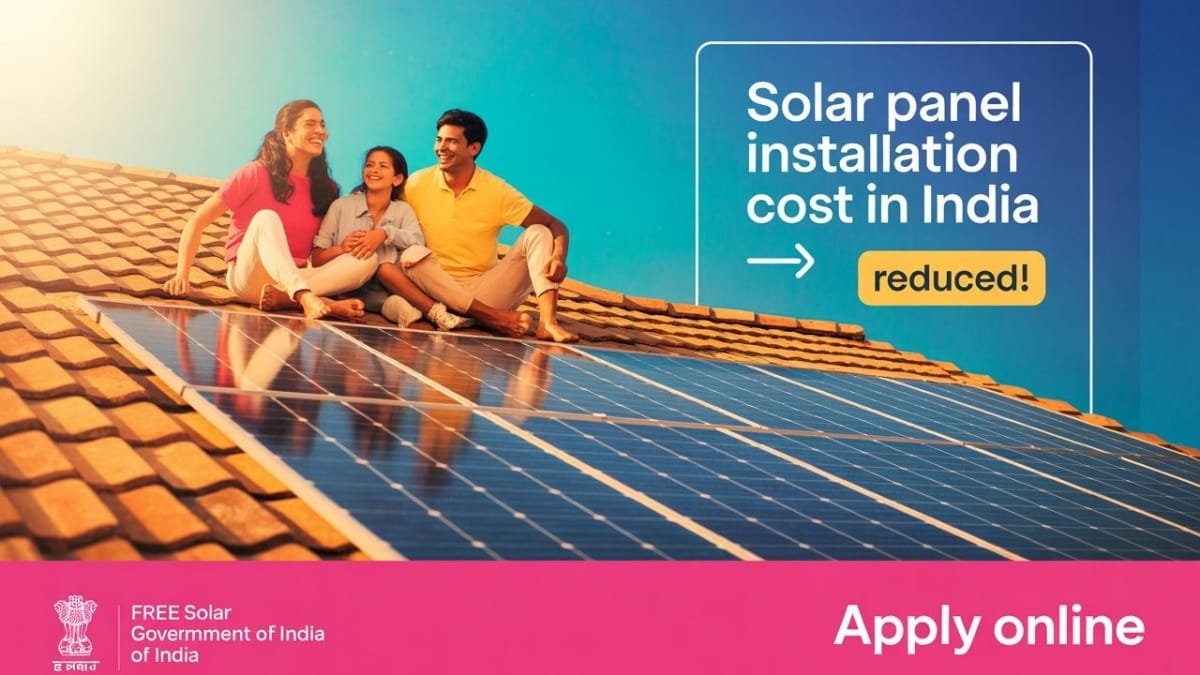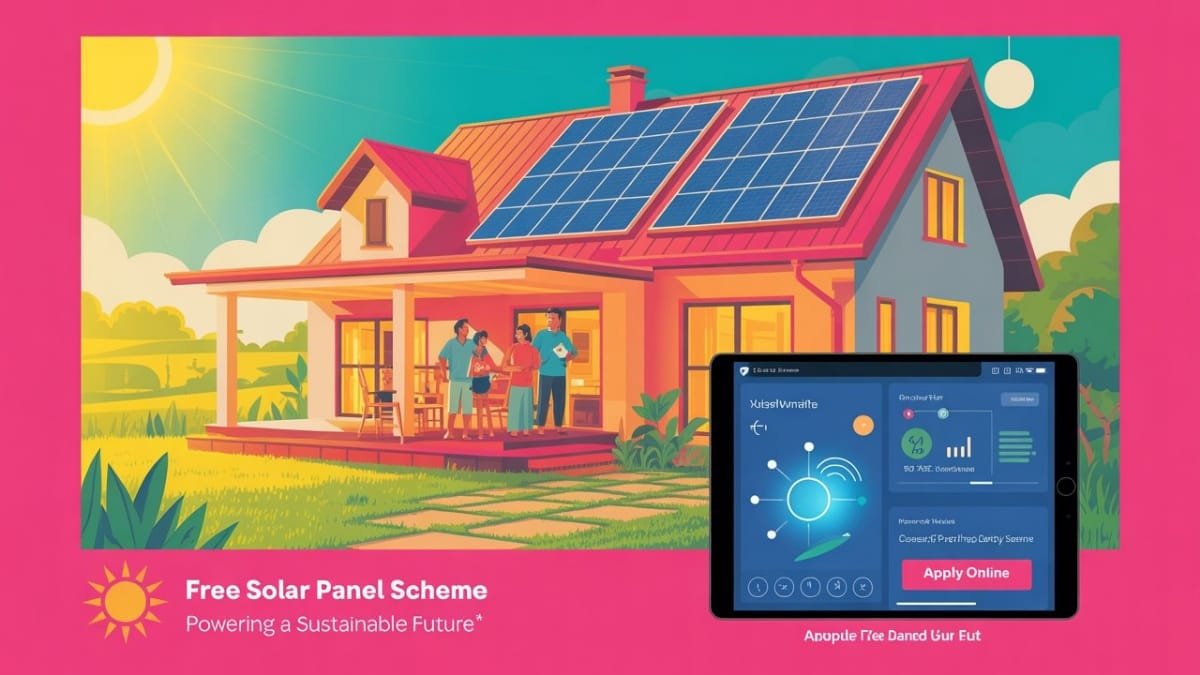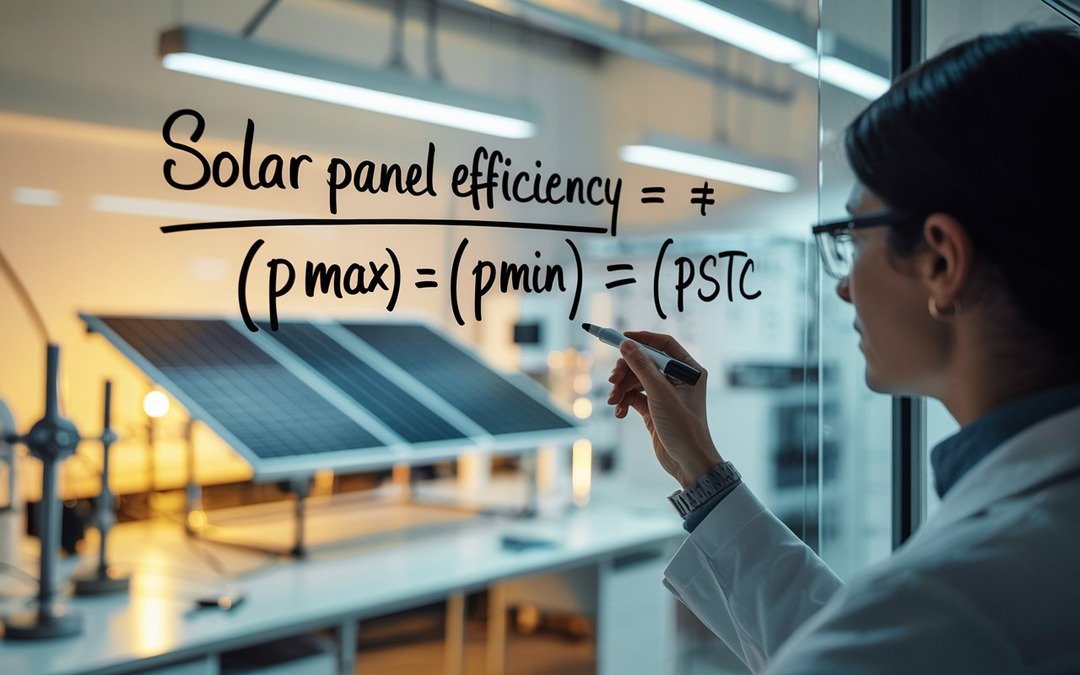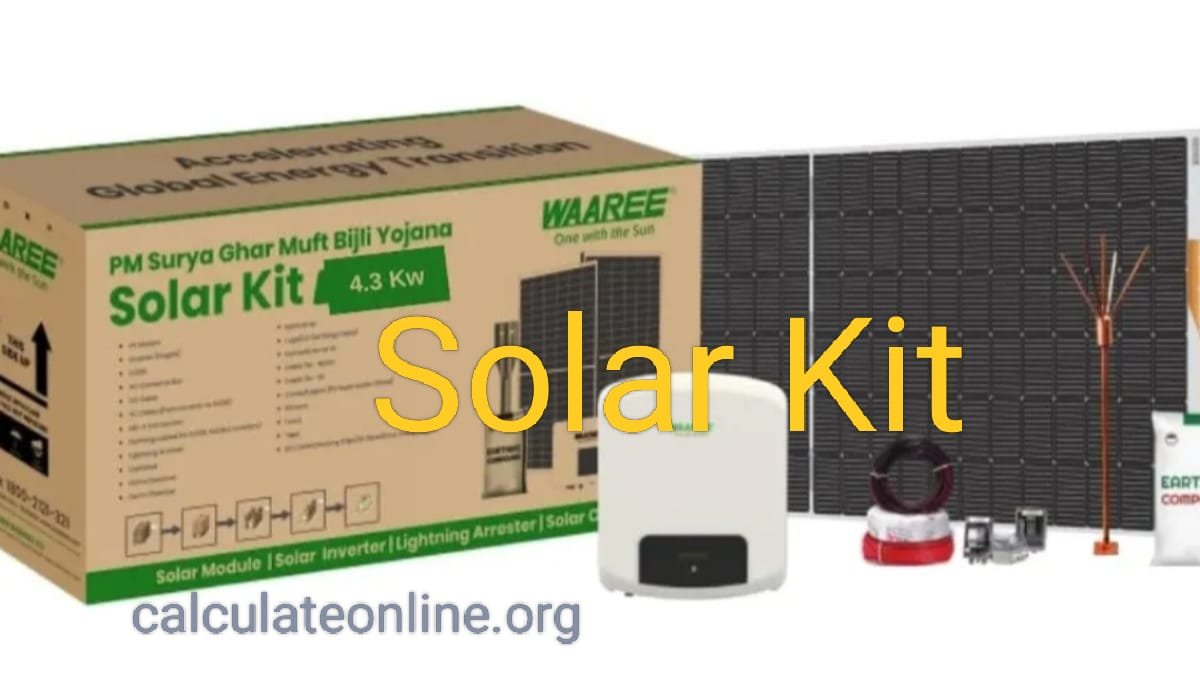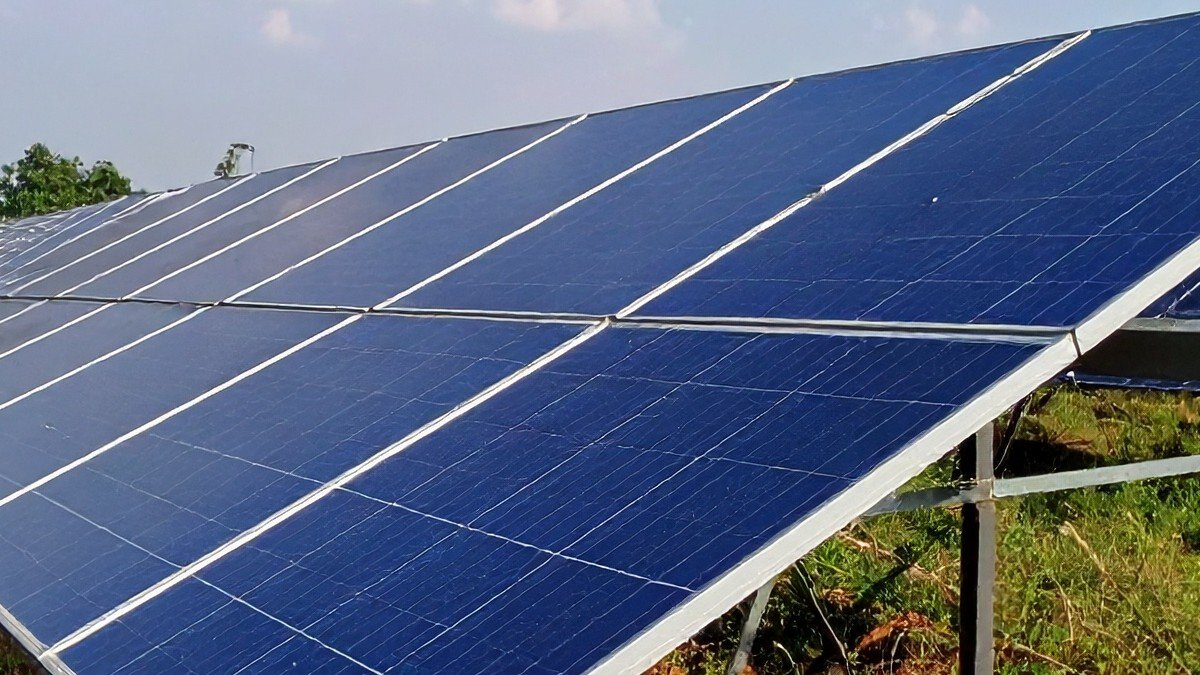Solar Panel Cleaning: Solar panels are being installed across rooftops and open spaces at a growing rate. As they quietly convert sunlight into usable electricity, these panels work best when their surfaces are kept clean and free of obstruction. However, over time, dust, bird droppings, leaves, and pollution settle on them, reducing their ability to absorb sunlight efficiently. That is why solar panel cleaning should not be treated as an optional task but as part of routine maintenance.
Why Is Solar Panel Cleaning Important?
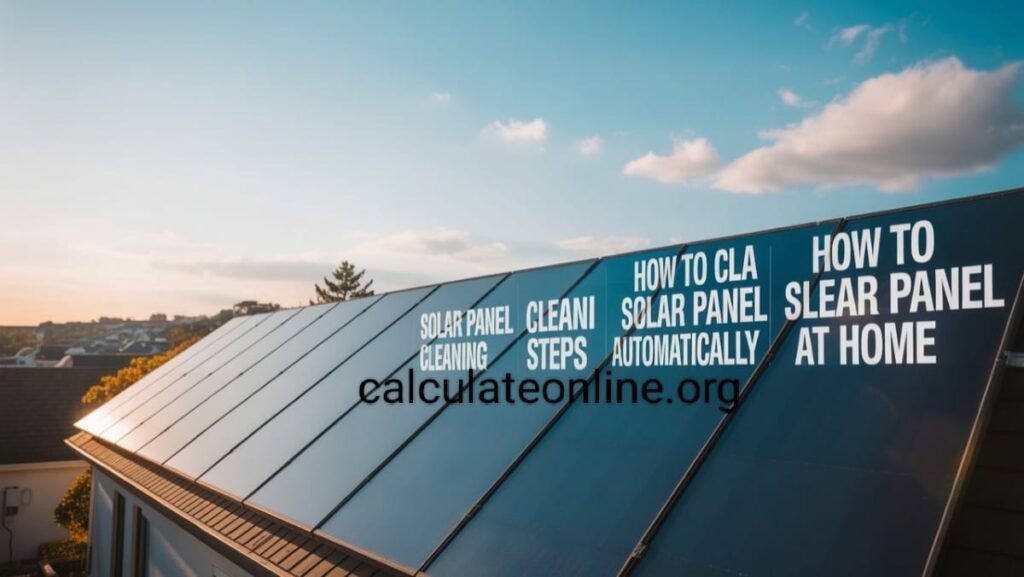
Solar panels are built to withstand outdoor conditions, but their performance is greatly affected when they are dirty. A layer of dust or bird droppings can block sunlight and reduce energy output. Over months, dirt and grime accumulate slowly and are often overlooked. In many homes and commercial setups, a noticeable drop in solar generation has been observed due to lack of cleaning.
By keeping panels clean, more sunlight is allowed to reach the photovoltaic cells. This leads to improved power output and higher return on the investment. It has also been noted that solar panels last longer and require fewer repairs when they are maintained properly.
How to Clean Solar Panels?
Cleaning solar panels is not a complex job, but it must be done carefully. First, the solar system should be turned off before any cleaning is started. Panels should be cleaned early in the morning or during late evening hours when they are cool to the touch.
A soft brush, a non-abrasive sponge, and a bucket of water are commonly used for cleaning. In cases where grime is tough, a mild soap solution is applied. Panels are gently scrubbed and rinsed with clean water. Tools like squeegees help in drying the surface without leaving streaks. Under no condition should harsh chemicals or rough pads be used, as scratches may damage the protective layer.
Safety precautions must be followed, especially when cleaning panels on sloped roofs or high structures. Footing must be secure, and ladders or harnesses should be used when needed.
How to Clean Solar Panel at Home?
For homeowners, cleaning solar panels can be done using simple household tools. A long-handled mop or a telescopic pole with a soft brush attachment is often used. A garden hose can help rinse away loose dirt. Panels are to be cleaned with gentle strokes to avoid any damage. For hard water areas, distilled water is preferred to avoid leaving mineral deposits.
The cleaning should be done without climbing onto the panels. Walking on them must be avoided completely, as the weight can cause micro-cracks that affect long-term performance. On single-storey houses, this task becomes safer and more convenient.
How to Clean Solar Panel Automatically?
In some cases, especially in commercial or large solar farms, cleaning is done automatically. Robotic arms or systems with rotating brushes and water jets are installed to clean panels on a schedule. These systems operate without human involvement and are activated during early morning hours or late at night.
These automatic systems are especially useful in areas with high dust levels or in remote locations. Though the initial cost is higher, labor savings and consistent performance make them a smart option over time.
How Much Solar Panel Cleaning Cost?
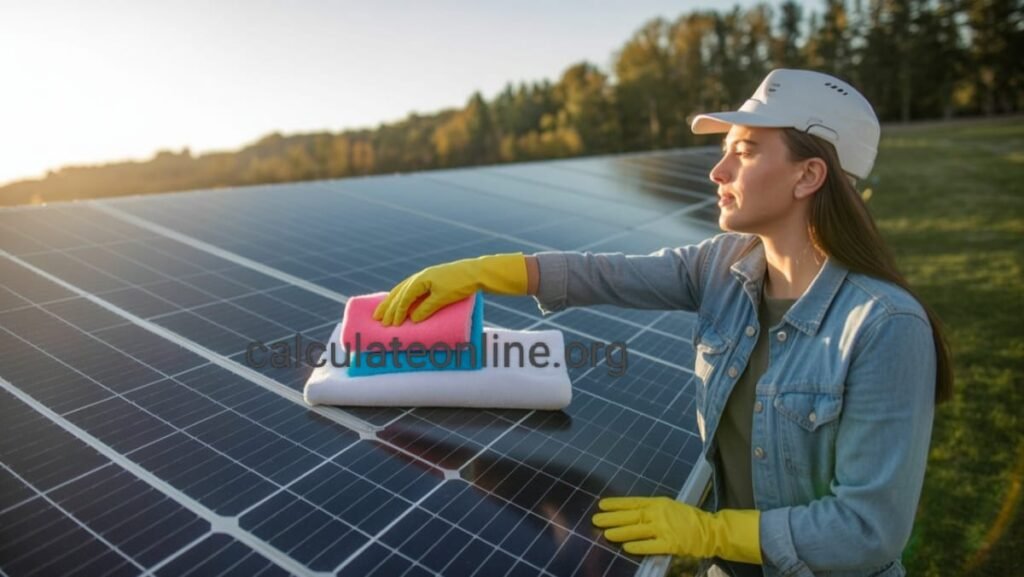
The cost of solar panel cleaning depends on several factors such as the number of panels, location, roof height, and whether the task is done manually or by machine. In India, the average rate ranges from ₹30 to ₹50 per panel for professional services.
For small residential systems, the total cleaning cost remains affordable. However, larger systems may require regular contracts or service packages. Some vendors offer yearly maintenance plans, which include cleaning, inspection, and performance checks. While DIY cleaning saves money, it may not always provide the same results as professional services.
How Often to Clean Solar Panels?
It is recommended that solar panels be cleaned at least twice a year. However, in areas with heavy pollution, desert dust, bird activity, or close proximity to trees, cleaning may be required more frequently.
Seasonal changes also affect how often cleaning should be done. After monsoon seasons, mud and residue are often left behind. Similarly, during dry months, pollen, smoke, or construction dust can settle on the panels. Regular visual inspections are helpful in identifying when cleaning is necessary. If a drop in output is noticed, a quick wash may bring it back to normal.
Solar Panel Cleaning Equipment?
Solar Panel Cleaning Equipment for India
In India, dust, bird droppings, and pollution reduce solar panel efficiency significantly. To counter this, tools like telescopic water-fed poles, rotating brush systems, and manual squeegee kits are commonly used. Equipment from brands such as Elephant Engineering, Hitek Solar Tools, and Cleantech is widely available. Waterless cleaning kits using microfiber and static charge are also preferred in water-scarce areas. For large-scale installations, robotic dry cleaning machines are increasingly being adopted
Solar Panel Cleaning Equipment for USA
In the United States, both residential and commercial setups rely heavily on automated robotic cleaners, solar panel pressure washers, and deionized water systems. Brands like Sun Brush USA, Solar Clean, and IPC Eagle supply professional-grade equipment. Water purification systems with DI resin tanks are commonly used to prevent spotting. In regions like California and Arizona, soft-bristle rotary brushes are preferred due to dusty climates.
Solar Panel Cleaning Equipment for Europe
European countries, with a strong focus on sustainability, use robotic cleaners with AI-guided movement, such as those from Sorbet and Kercher. In places like Germany and Spain, eco-friendly water recycling systems are often integrated into cleaning rigs. Rooftop residential panels are cleaned with extendable poles and biodegradable detergents to meet environmental regulations.
Solar Panel Cleaning Equipment for Australia
Australia’s harsh sun and dusty outback conditions demand durable gear. Spin-clean brush systems, high-pressure sprayers, and dry robotic cleaners are widely used. Brands like Solar Shine and Environ supply both off-grid and on-grid system tools. In rural areas, ATV-mounted cleaning machines are also deployed for large solar farms.
How to Clean Solar Panel in India?
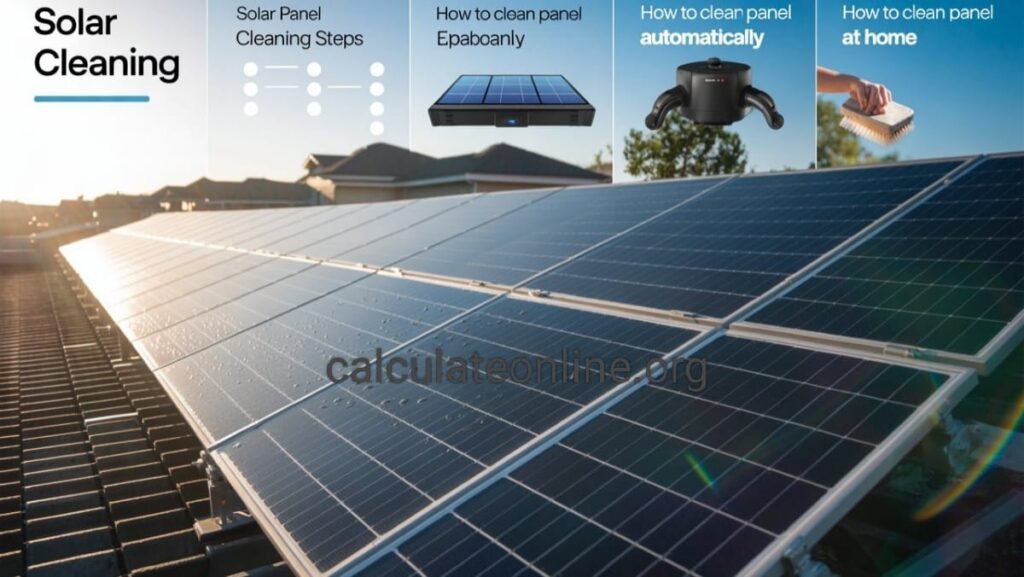
In India, solar panels face unique challenges due to climate and pollution. During dry seasons, fine dust accumulates rapidly, especially in northern and central regions. In coastal cities, salt deposits and humidity add to the maintenance needs.
Cleaning in India is mostly done manually using water and brushes. It has been found that early morning hours offer the best time for cleaning due to lower temperatures. In industrial cities like Delhi, Mumbai, and Ahmedabad, higher frequency of cleaning is required.
As solar adoption increases, more local vendors are offering cleaning services, including robotic and semi-automated tools. Homeowners are advised to avoid borewell water, which often leaves stains. Municipal or filtered water is safer for panels.
Benefits of Solar Panel Cleaning
Regular cleaning brings visible improvement in solar system performance. Clean panels absorb more sunlight and generate more electricity. Studies have shown that dirty panels may lose 15% to 30% of their potential output.
Other benefits include extended panel life, early detection of damage or cracks, and improved safety by preventing fire risks due to buildup of dry leaves or debris. In the long run, a well-maintained solar system provides a better return on investment.
DIY vs. Professional Cleaning
Homeowners often clean panels themselves to save on costs. DIY cleaning is effective for small systems and when proper care is taken. However, professional services use advanced tools, safety harnesses, and detergents that provide more thorough results.
Professionals are trained to inspect the system for faults and offer cleaning without causing harm. For commercial solar installations or buildings with high roofs, professional services are highly recommended. DIY is best suited for ground-mounted or easily accessible panels.
Final Tips for Solar Panel User
- Solar systems should be turned off before cleaning.
- Cool times of the day should be chosen to avoid thermal shock or burns.
- Only soft, non-scratch tools and mild detergents should be used.
- Safety precautions must be followed when working at height.
- Rainwater may help, but full cleaning should still be done manually.
- A record of cleaning dates should be maintained for tracking performance.
- Cracks, stains, or bird nests should be inspected during cleaning.
Conclusion
Keeping solar panels clean is one of the simplest ways to boost energy production and protect long-term investment. A clean surface allows more sunlight to reach the cells, leading to better output and longer panel life. Whether done at home or through professional services, regular cleaning must be considered a part of solar system care.
In Indian conditions, where pollution and weather changes are frequent, solar panel cleaning becomes even more important. By following proper methods and schedules, greater savings and cleaner energy can be enjoyed throughout the year.
Related:
- Solar Panel efficiency Formula
- Free Solar Panel Scheme by Government of India Apply Online
- Solar Panel Installation Cost in India
- 1kW Solar Panel Price in India
- Solar Kit for home with Battery
- FAME Scheme
- Mahtari Vandana Yojana
FAQs
Is it necessary to clean solar Panel?
Yes
Cleaning Solar Panel with Vinegar is good?
Cleaning solar panels with vinegar can be safe and effective but take precautions
How to test solar panel wattage?
Power (Watts) = Voltage x Current
How do I test used Solar Panel?
A used solar panel can be tested by measuring its voltage and current output using a multimeter under direct sunlight. Visual inspection for cracks, corrosion, or damage should also be done before testing.
How often should solar panels be cleaned?
Every 3- 6 months

